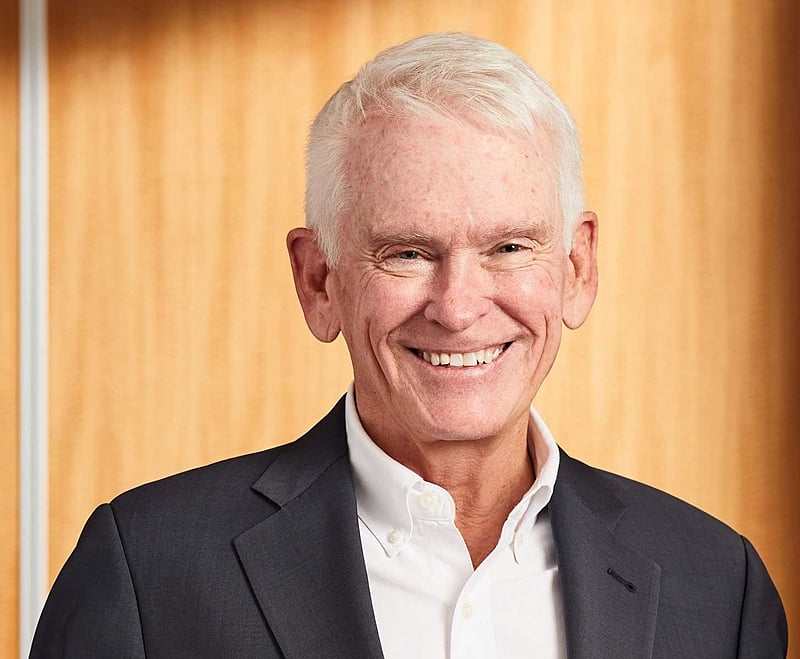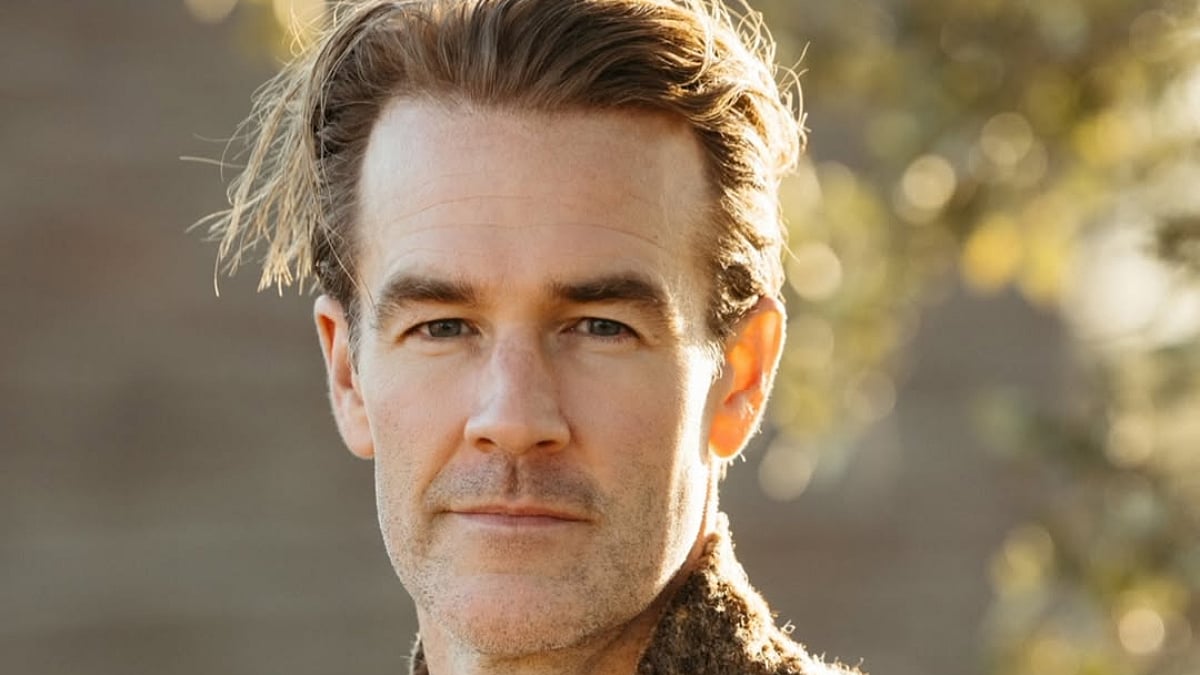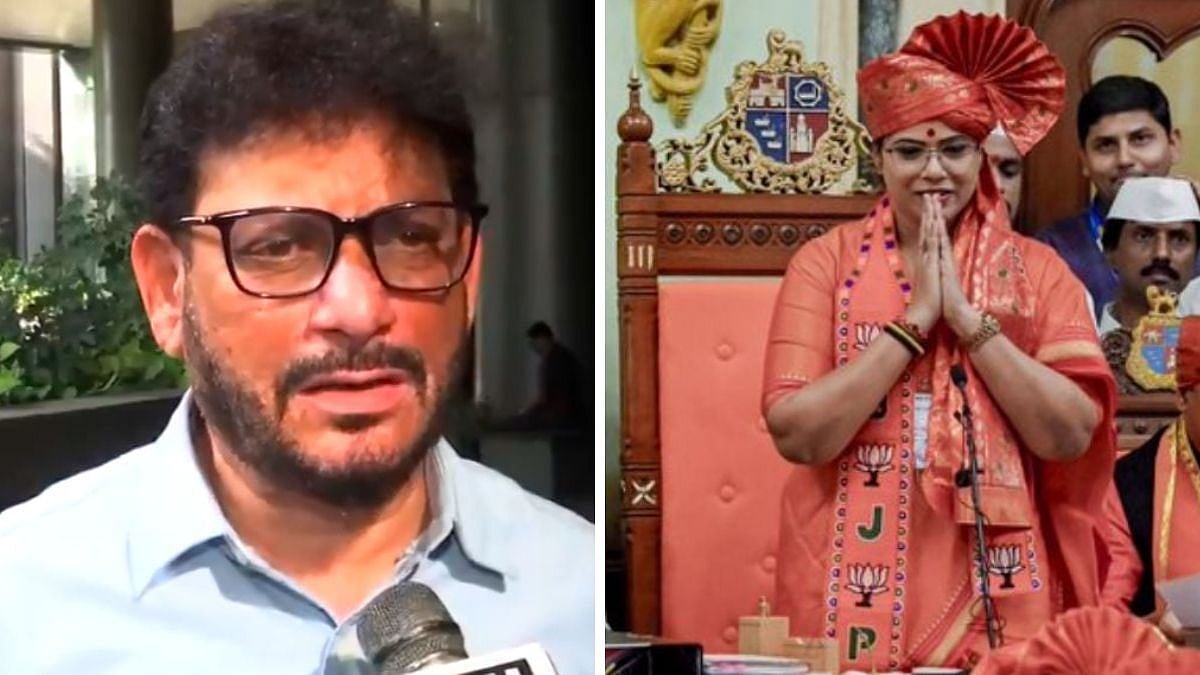The International Advertising Association, and advertising and digital marketing company FCB India organised an event in Mumbai, where Terry Peigh, Managing Director of FCB India’s parent company Interpublic Group spoke about the incredible changes that have taken place in the industry today. So much so, that most advertisers will have to re-work their strategies.
Peigh talked about how often, consumers wanted to know everything about the brands they were buying: From how a product is manufactured and other crucial aspects of its journey to a consumer. This Peigh believes heralds the new age. Increased transparency and the willingness of manufactures to be more open about who they are.
“It’s more expensive to keep a secret today. It’s the age of Wikileaks. Word usually gets out (about a brand). People tend to trust the reviews of products of total strangers online,” Peigh said. He also spoke about there being a drop in how much people trust the press and an increase in their faith in people and their opinions.
People’s trust in social media was also decreasing, except in China — which has an authoritarian government and where locally developed social media like Weibo and Wechat is what people rely heavily on to stay in touch with each other.

Peigh also spoke about how companies have made their own employees ‘influencers’, for example, American all-purpose departmental store Macy’s, so that customers can feel convinced about their products and their quality.
In saying so, he also spoke about building trust in one’s product, without that, companies had a smaller shot at making it in a world where social media has taken over and where different brands pull consumers in different directions every day. Indeed, consumers today expect more from the brands they buy.
The word Peigh stressed on was ‘more’. He spoke about how today is the age of ‘more’. Where a consumer’s appetite for ‘more’ was what defined him or her.
“Everyone owns the brand,” emphasised Peigh, talking about how people had become more identified with and more invested into the brands they purchased. If the corporate world did not own up to this reality, it would be to their detriment.
In saying so the advertising guru added that it was the age of truth — truth about your strengths, limitations, features and attributes as a company. “Brand management” in effect needed to change, such that their advertisers recognise that to fool consumers or “steal from consumers” would only yield short term gains, Peigh opined.

For advertising professionals, Peigh’s talk was an eye-opener. When Peigh asked how many of them invested in measuring how much people trust their products, only two hands went up.
Peigh said this was disappointing given the crucial importance of faith and the ability to trust a brand that weighs in on a buyer’s purchasing decisions.
The advertising raconteur then mentioned engagement. Engagement, he said, was what was driving brands ahead. In contradiction with the emphasis on “more”, Peigh also elaborated that the more brands “jettison” information, the more they miss out on creating chances for engagement with their astonishing products.
“One must leverage consumers who want to be engaged,” said Peigh, hence underscoring the line between too much information and too little. Information must not seem a burden, baggage or look like it is “extra”, as the popular social media term purports.
Self-esteem was thought to be the main reason why shoppers seek more information so that they can flaunt their knowledge among people they know. A study conducted showed that 60% of India’s internet users talk about the brands they don with family and friends.
Having the know-how about merchandises helps people secure social currency, much to the awe and deference of other people. Hence brands need to carve out those channels and get clientele to become “super engaged”.
The more they talked about your brand, the more they posted about it, the more involved they were in “live experiences” created by a label for them, the more savvy the brand seemed.
“What’s most important to today’s purchase decision is what consumers say to each other about your brand. The focus, increasingly, has to be on engaging with prospects and enabling them to speak favourably about your brand. Yet, most brands fail to reward consumers who get involved online with them,” he concluded.









